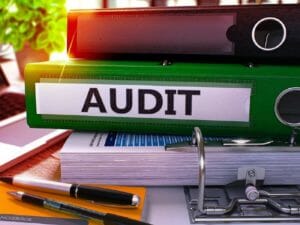
Through a notification dated 28 September, 2020 the FSSAI has extended the date for mandatory food safety audit of Food Businesses to 31 December 2020.
Under the Food Safety and Standards (Food Safety Auditing) Regulations, 2018 the FSSAI has prescribed mandatory audits for food businesses holding Central Licenses and falling under the hight risk categories. Under these regulations FBOs that fall in the following six categories of food businesses as per FLRS were to carry out mandatory food safety auditing of their premises.
- Dairy products and analogues, excluding products of food category 2.0
- Meat and meat products including poultry
- Fish and fish products, including molluscs, crustaceans and echinoderms
- Egg and egg products
- Foodstuff intended for particular nutritional uses (food for infant nutrients, etc.)
- Prepared foods (catering etc.)
Through its order dated 13 August 2019 the FSSAI had first mandated safety audits for food businesses that fall in the high-risk category. Since then the FSSAI has extended the date several times and the latest being this order dated 28 September 2020. Since the situation caused by the COVID-19 pandemic is still prevalent so FSSAI has decided to extend the date of such mandatory audits. FBOs falling in the mandatory category have now been directed to get the mandatory audits of their premises conducted by 31 December 2020.
Mandatory Auditing Through Private Auditing Agencies
Food Safety and Standards (Food Safety Auditing) Regulations, 2018 have been notified on 28th August 2018 and through these regulations the FSSAI is enabling compliance through private recognised Auditing Agencies. FSSAI has envisaged audits of Food Business Operators through Private Auditing Agencies in order to strengthen the food safety surveillance system and to cultivate and foster the growth of compliance culture.
The FSSAI has stated that the Food Safety Audits will reduce the regulatory Food Safety Inspections conducted by Central or State Licensing Authorities. Satisfactory Audits will lead to less frequent regulatory inspections by Central or State Licensing Authority except the regulatory sampling. This will strengthen food safety surveillance system and encourage self-compliance while at the same time assuring safe food to the consumers.
Source : FSSAI
Leave a Reply